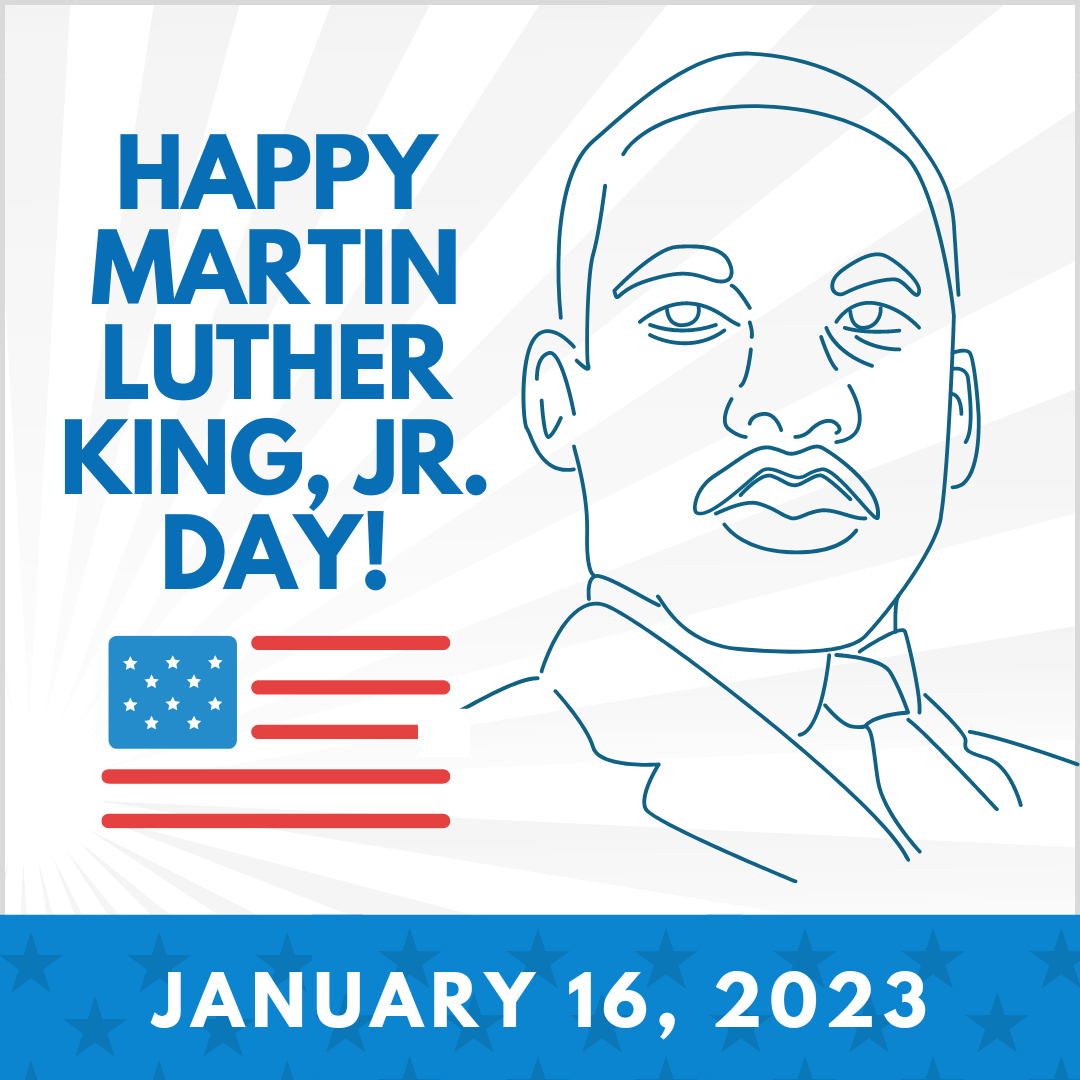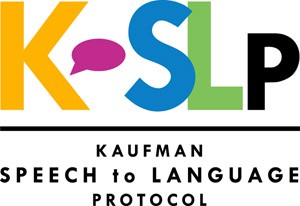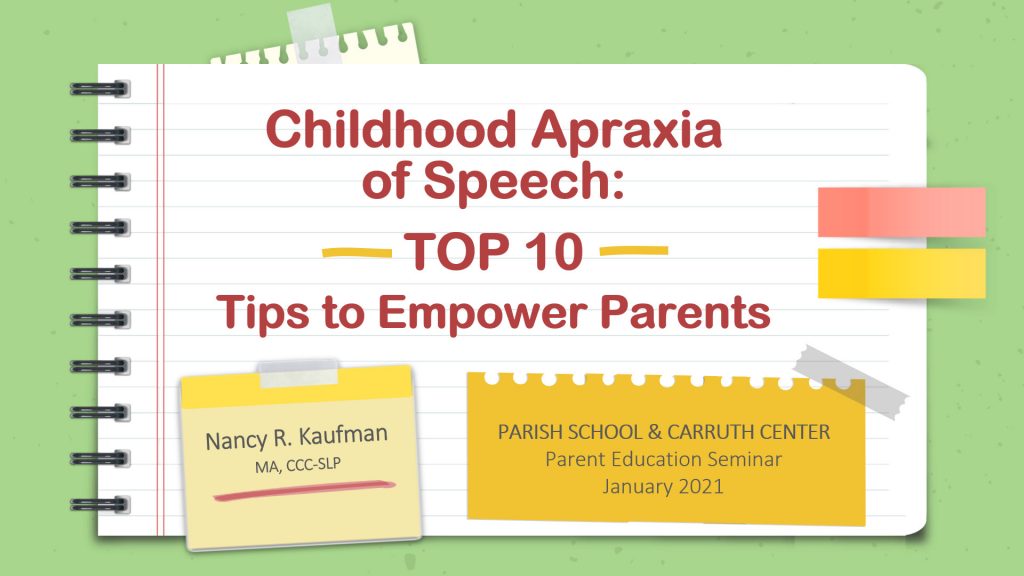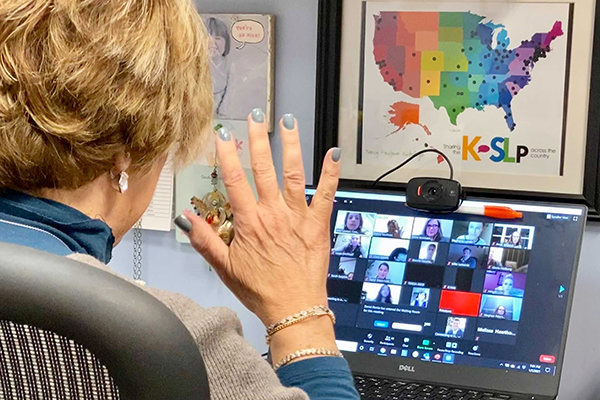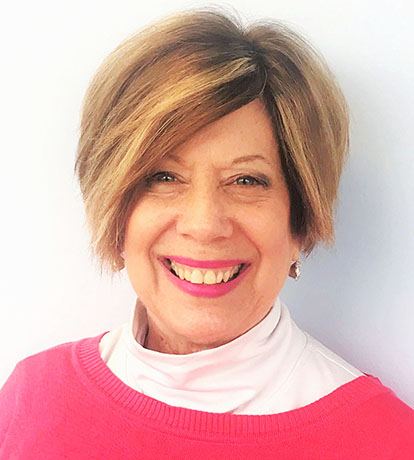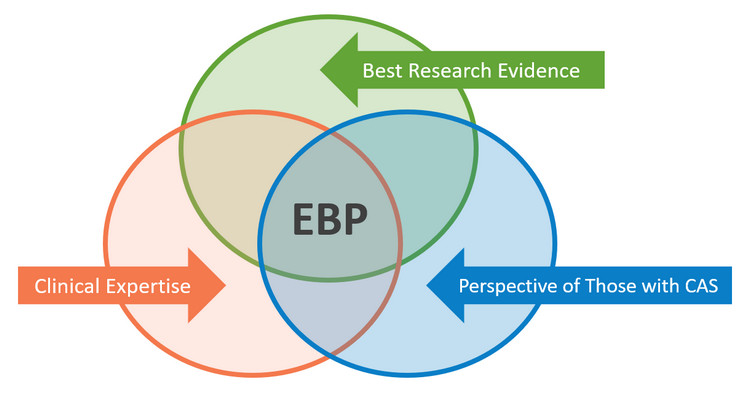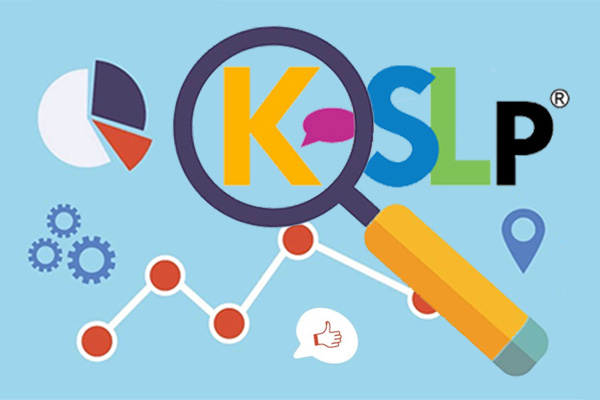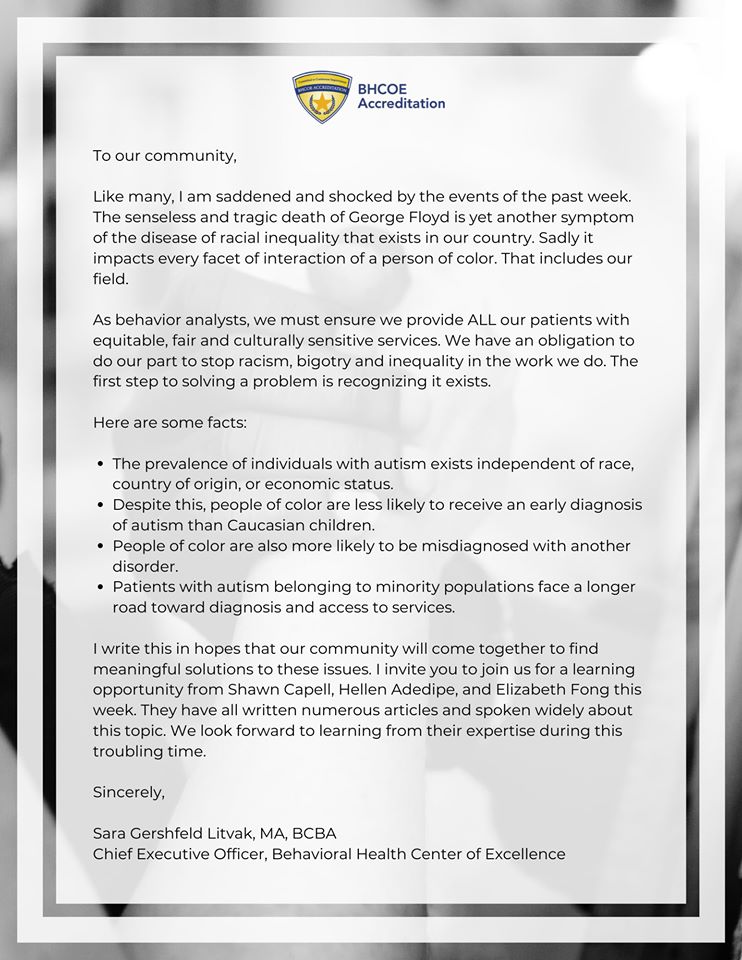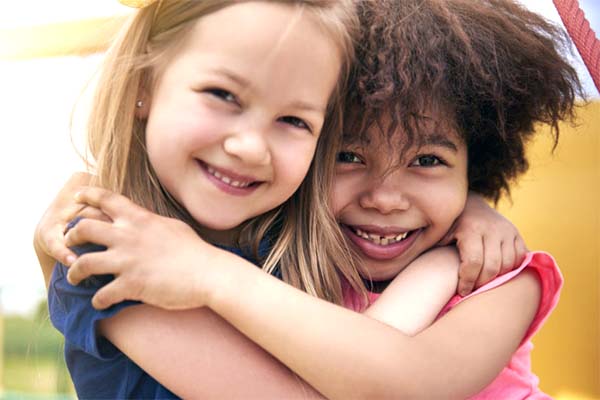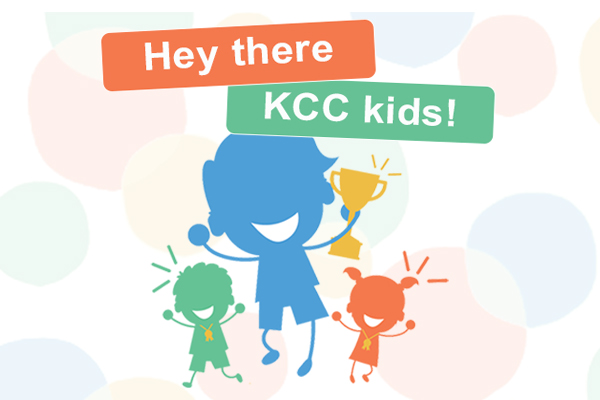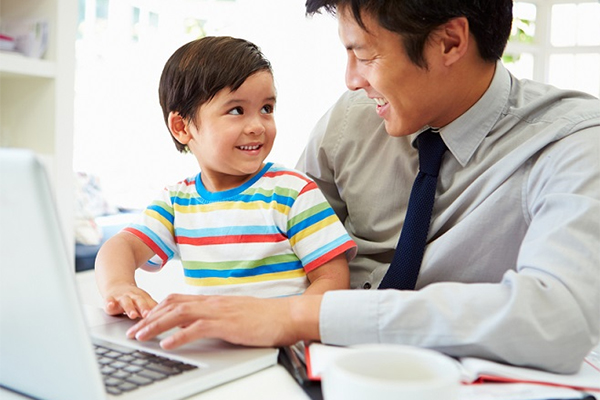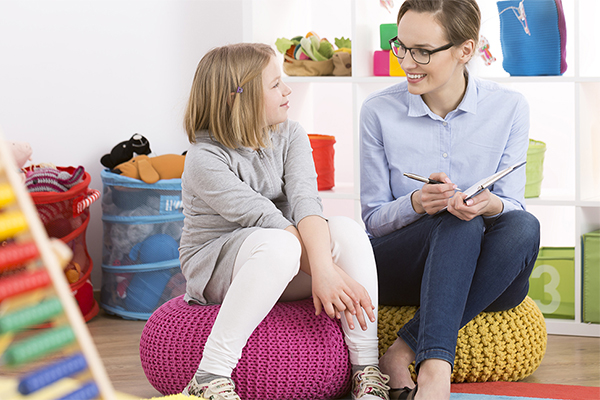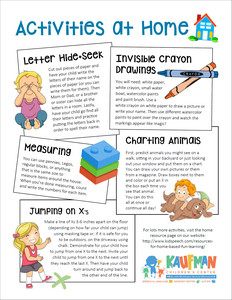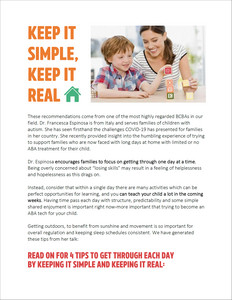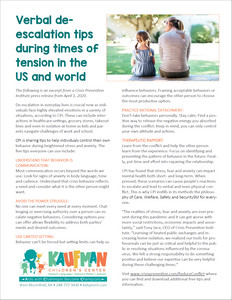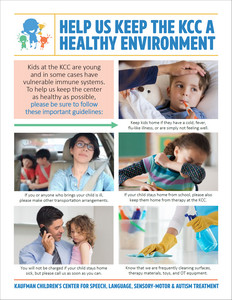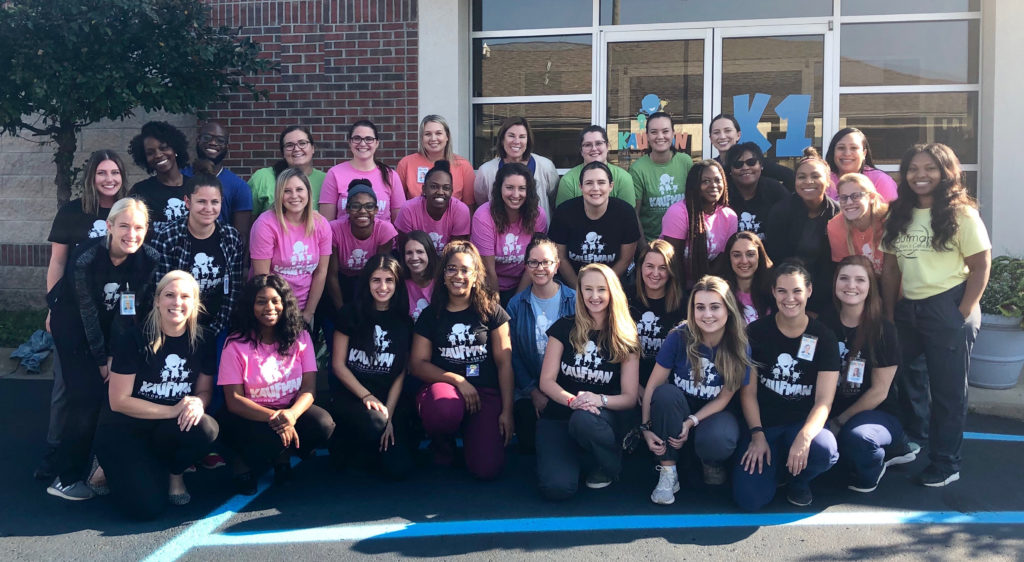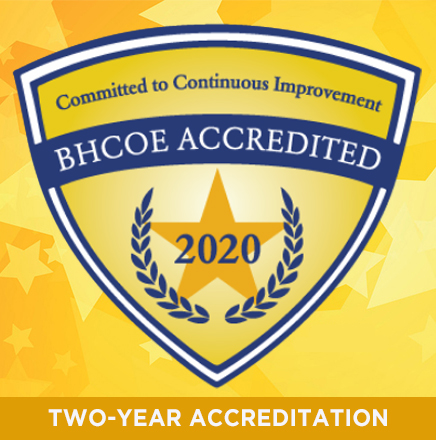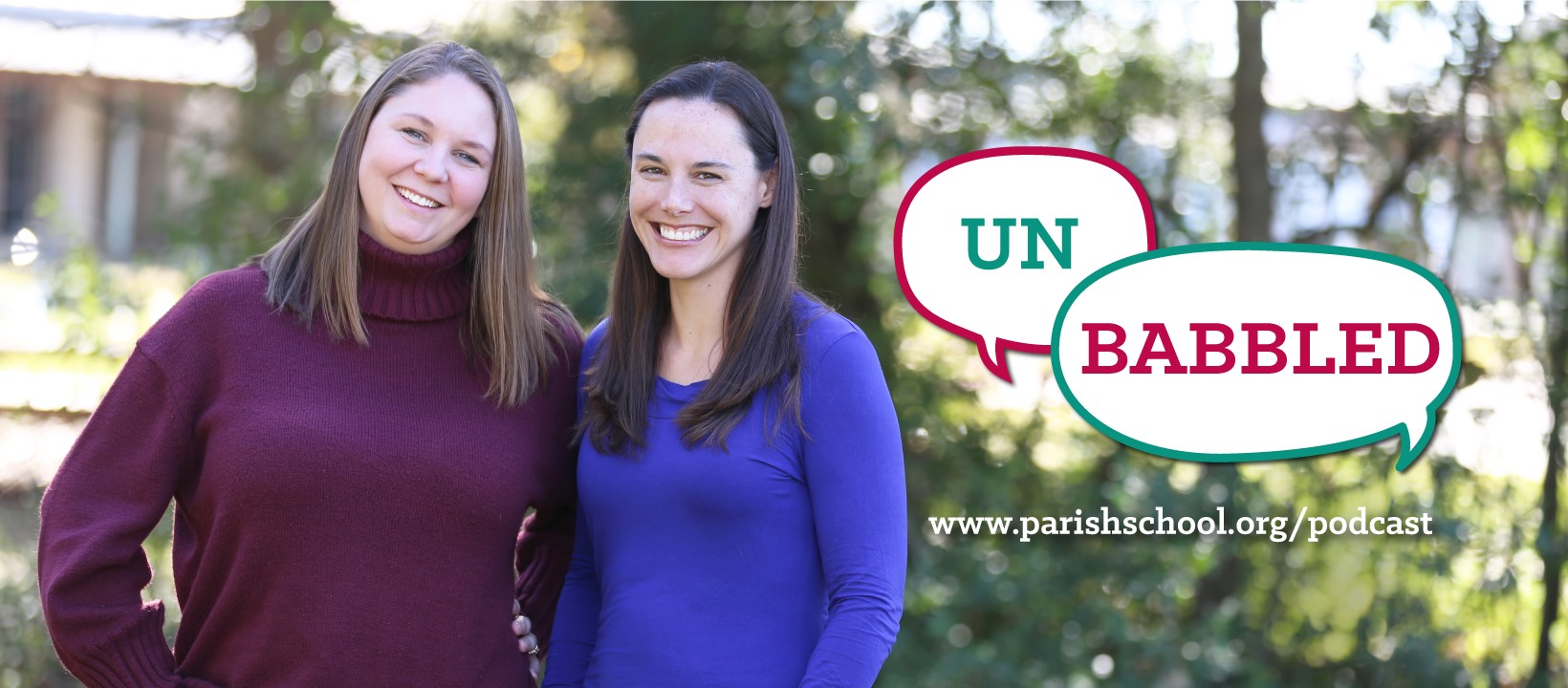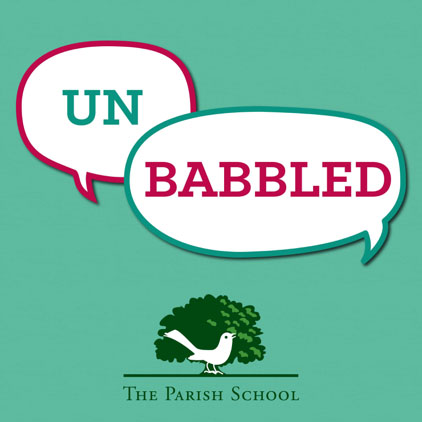Celebrating Martin Luther King, Jr. Day - 2023
Martin Luther King, Jr. was a leader of the civil rights movement, fighting to end racial discrimination and segregation in the United States. Those are big ideas for preschoolers and elementary kids to understand, but it's never too early to begin teaching them to follow Dr. King's example by treating people fairly and kindly. Whether you hit the road for a community celebration or stay at home to make some crafts together, you have lots of options on January 16!
LEARNING ABOUT DR. MARTIN LUTHER KING, JR.
Martin Luther King, Jr. was once a kid - just like you! Kid President tells you all about the man he became, and what he did for our country.
Source: Kid President on YouTube
A list of children's books that teach kids about MLK and celebrate his life and legacy.
Source: The Conscious Kid
HOW TO CELEBRATE MLK DAY
Area communities are offering plenty of family-friendly events and activities in celebration of Martin Luther King Jr. and all he accomplished.
Source: Metro Parent
From books to movies to parades, here's how to bring hope and meaning to your Martin Luther King Day holiday.
Source: NBC News
It’s more important now than ever to have healthy, ongoing conversations with our children about race and racism in our country.
Source: Metro Parent
MLK-THEMED ACTIVITIES & CRAFTS
Information about MLK, ways to celebrate, activities, projects, games and trivia.
Source: Family Education
Celebrate the birth of Dr. Martin Luther King, Jr. with these educational resources.
Source: Education.com
A fun and learning and anti-racism activity. Practice letters while learning and discussing the different and beautiful shades of all people.
Source: Happy Toddler Playtime
21 fun and easy to crafts and activities to help the next generation of kids understand and learn about the message of love, peace and respect for all peoples that MLK tried to promote during his life.
Source: Happy Toddler Playtime
Free PDF pages are super easy to download and print.
Source: Primary Games
MLK VIDEOS FOR KIDS
Elmo and his friends are making a Peace Tree to celebrate Martin Luther King Jr. Day. They each draw pictures on leaves to show how they will carry on Dr. King’s wish by treating people fairly and kindly, but Elmo doesn’t know what to draw.
Source: Sesame Street
This cartoon version of Martin Luther King is fun and easy for young artists.
Source: Art for Kids Hub
Sing along with this super fun educational Martin Luther King lyric video for kids.
Source: The Kiboomers (YouTube)
"I am the Dream" will help kids feel inspired and believe that they can achieve anything that they want to no matter the color of their skin. Kids will learn about the historical and modern day inspirational black figures that paved the way for them to succeed.
Source: Mr. Pete's Playhouse (YouTube)
